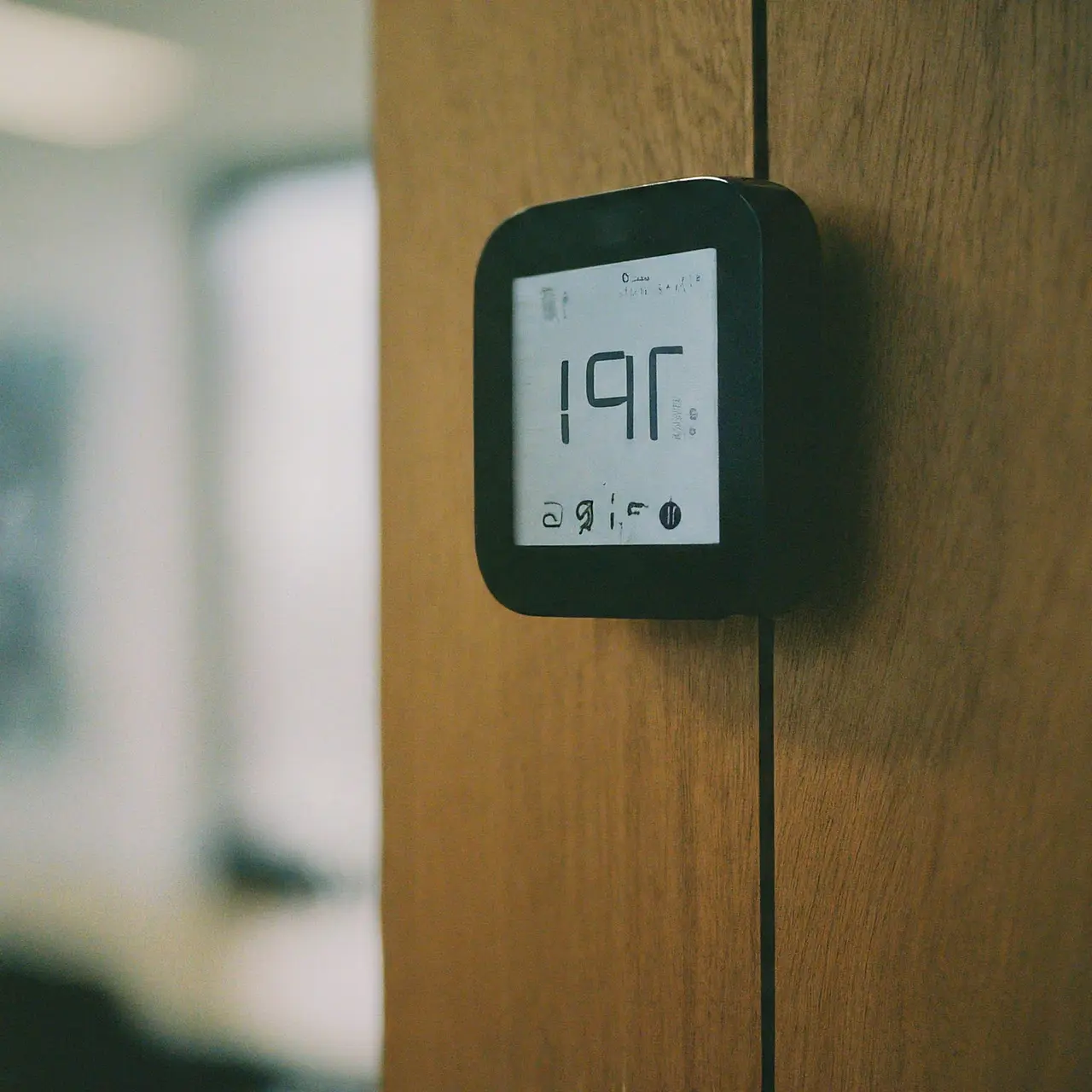When it comes to maintaining an optimal environment for both employees and customers, professional climate control solutions stand at the forefront of creating a comfortable and sustainable workspace. Highlighting the necessity of a well-regulated atmosphere, this piece delves into the multifaceted benefits and considerations that come with implementing advanced climate control systems in commercial spaces.
The Importance of Climate Control in Commercial Spaces
Creating an environment that fosters productivity and comfort is crucial in any commercial setting, making the role of climate control inherently indispensable. Beyond maintaining a pleasant temperature, climate control systems play a pivotal role in regulating air quality and humidity levels, which are essential components in minimizing health risks and enhancing overall wellbeing within the workspace.
Moreover, the implications of climate control extend into the preservation of equipment and goods. In spaces where temperature-sensitive materials are stored or delicate equipment is used, the right climate control solutions can prevent damage and loss, ensuring operational continuity and efficiency.
Understanding Professional Climate Control Solutions
Professional climate control systems encompass a wide range of technologies designed to manage and optimize the heating, cooling, and air quality of a space. These systems differ substantially from standard heating and cooling solutions in their ability to precisely regulate environmental conditions, adapt to changing external temperatures, and reduce energy consumption through smart, automated functionality.
Central to these advanced systems are features that allow for real-time adjustments and monitoring, offering businesses the ability to maintain a consistent, comfortable environment without constant manual intervention. This not only enhances comfort but also contributes to a more eco-friendly operation by minimizing unnecessary energy use.
Benefits of Investing in Professional Climate Control
Investing in professional climate control solutions offers a myriad of benefits, from reduced energy costs to improved indoor air quality. By deploying sophisticated climate control systems, businesses can significantly cut their operational expenses through enhanced energy efficiency and reduced waste, aligning with broader sustainability goals.
Additionally, such investments directly contribute to creating a healthier workplace. By effectively managing air quality and circulation, businesses can reduce the spread of airborne diseases, thereby lowering employee sick days and promoting a more productive working environment.
Furthermore, the adoption of these technologies signals to clients and employees alike a commitment to comfort, health, and environmental responsibility, potentially boosting brand perception and worker satisfaction.
Key Considerations When Choosing a Climate Control System
Selecting the right climate control system for a commercial space involves a nuanced understanding of the specific needs and constraints of the environment. Key considerations include the size of the space, the nature of the business activities conducted within, and the local climate. Each of these factors plays a critical role in determining the most appropriate and efficient system.
Moreover, businesses must evaluate potential systems not only for their initial installation cost but also for their long-term operational expenses. Investing in more advanced, energy-efficient systems can lead to substantial savings over time, offsetting higher upfront costs.
Innovations in Climate Control Technology
The field of climate control technology is rapidly evolving, with new advancements continuously emerging to offer better, more sustainable solutions. Innovations such as geothermal heating and cooling, smart thermostats, and IoT-integrated climate systems are setting new standards for efficiency, adaptability, and control. These cutting-edge technologies not only promise significant energy savings but also offer unparalleled levels of comfort and ease of management.
One particularly promising development is the integration of artificial intelligence (AI) and machine learning algorithms, which can predict and respond to changes in both internal and external environments, optimizing climate control systems in real-time for peak performance and efficiency.
Implementing Your Climate Control Solution: Steps to Success
Implementing a new climate control solution begins with a thorough assessment of the commercial space and its specific requirements. Engaging with a professional service provider can ensure that this assessment accurately identifies the optimal setup tailored to your unique needs.
Following the selection of the appropriate technology, professional installation is key to guaranteeing the system’s effectiveness and reliability. Proper installation affects not just the system’s efficiency but also its longevity, underscoring the value of investing in skilled and experienced technicians.
Once installed, regular maintenance becomes crucial to maintaining the system’s performance. Scheduled check-ups can prevent minor issues from evolving into major problems, ensuring that the climate control solution remains efficient and effective over its entire lifespan.
Embracing the Future of Commercial Climate Control
In the realm of business operations, the significance of a professionally installed and managed climate control system cannot be overstated. It’s not merely about the comfort of occupants but also about efficiency, cost savings, and sustainability. By choosing the right system and implementing it strategically, businesses can foster an environment where productivity thrives and energy consumption is minimized. As the journey towards more innovative climate control solutions continues, the opportunity to create healthier, more inviting commercial spaces becomes ever more achievable.



Leave a Reply